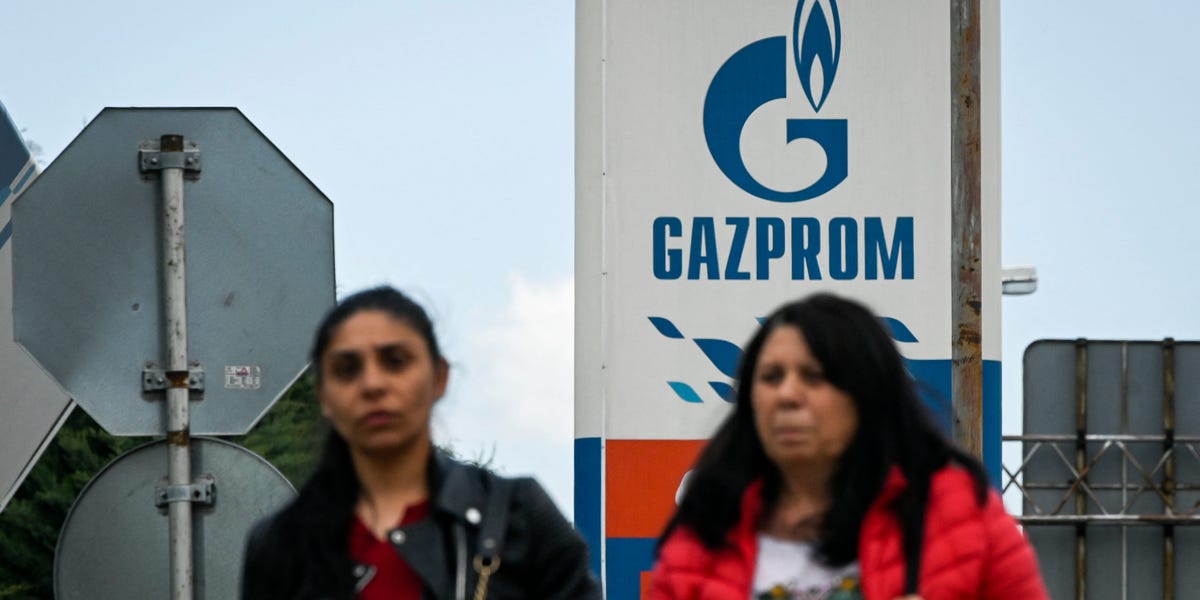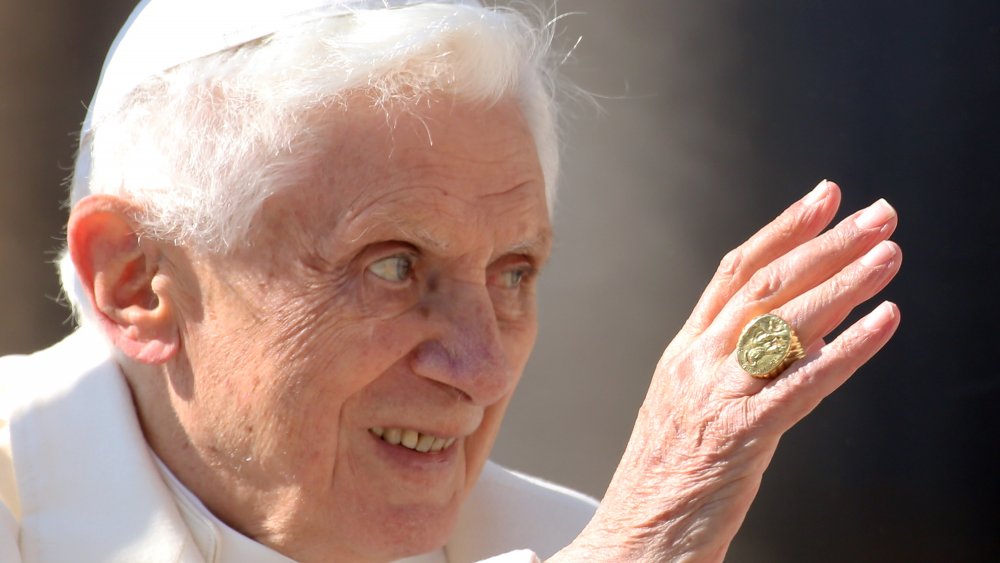EU Debates Spot Market Ban As Part Of Russian Gas Phaseout

Table of Contents
Economic Implications of a Spot Market Ban
A ban on spot market trading of Russian gas would have profound economic consequences for the EU. Understanding these implications is paramount to formulating a successful strategy for a complete Russian gas phaseout.
Potential Price Volatility
Eliminating Russian gas from the spot market could trigger significant price volatility. This volatility stems from several factors:
- Increased reliance on alternative suppliers: The EU would need to significantly increase imports from alternative suppliers, potentially at higher costs. This heightened demand could lead to price spikes.
- Disruption of existing supply chains and contracts: The sudden removal of a major gas supplier would disrupt existing supply chains and contracts, impacting businesses and consumers alike.
- Risk of energy shortages and rationing: In the short term, there is a risk of energy shortages and potential rationing in certain member states, particularly those heavily reliant on Russian gas. This could lead to significant economic disruption and social unrest.
Impact on EU Businesses
Businesses, particularly energy-intensive industries, are highly vulnerable to the economic consequences of a Russian gas phaseout.
- Significant economic challenges: Companies reliant on Russian gas could face massive increases in energy costs, leading to reduced competitiveness, potential job losses, and even bankruptcies.
- Need for government support: Targeted government support and financial aid packages would be crucial to mitigating the impact on affected industries and preventing widespread economic damage.
- Long-term economic damage: Failure to manage the transition effectively could result in long-term economic damage, hindering the EU's overall growth and prosperity.
Exploration of Alternative Energy Sources
A complete Russian gas phaseout necessitates a significant acceleration in the exploration and development of alternative energy sources. This includes:
- Increased focus on LNG imports and pipeline diversification: Diversifying gas supply sources is essential, focusing on LNG imports from other regions and exploring alternative pipeline routes.
- Investment in renewable energy infrastructure: Massive investment in renewable energy infrastructure, including solar, wind, and geothermal energy, is vital for long-term energy independence.
- Development of energy storage solutions: Efficient energy storage solutions are crucial to manage the intermittency of renewable energy sources and ensure a stable energy supply.
Geopolitical Ramifications of the Ban
The geopolitical consequences of a spot market ban on Russian gas are equally significant and potentially destabilizing.
Relations with Russia
A ban would severely strain EU-Russia relations, leading to potential retaliatory measures from Moscow.
- Risk of further gas supply disruptions: Russia could further restrict gas supplies to the EU or even completely cut them off, exacerbating the energy crisis.
- Impact on broader EU-Russia relations: The deterioration in energy relations could spill over into other areas of EU-Russia cooperation, creating broader geopolitical instability.
Impact on International Energy Markets
The ban could also create significant shifts in global energy markets, with cascading effects on other countries.
- Increased competition for alternative gas supplies: A sudden increase in demand for alternative gas supplies would lead to increased competition among importing countries, potentially driving up global prices.
- Potential price increases in global gas markets: The ripple effects of the EU ban could lead to significant price increases in global gas markets, impacting energy consumers worldwide.
- Shifting alliances and geopolitical dynamics: The EU's actions could trigger a reshuffling of global alliances and geopolitical dynamics, particularly in the energy sector.
Challenges in Implementing a Spot Market Ban
Implementing a successful ban on spot market Russian gas presents significant challenges for the EU.
Legal and Regulatory Hurdles
The EU would need to overcome complex legal and regulatory hurdles to ensure the effectiveness and legality of a ban.
- Ensuring compliance from all member states: A unified approach across all 27 member states is essential, which requires overcoming diverse national interests and regulatory frameworks.
- Addressing potential legal challenges: The ban could face legal challenges from affected businesses and stakeholders, requiring robust legal preparations.
Ensuring Energy Security
Maintaining energy security amidst a Russian gas phaseout is of paramount importance.
- Strategic gas reserves and emergency plans: Building up strategic gas reserves and developing robust emergency plans are crucial to mitigate potential energy shortages.
- International cooperation: Close international cooperation with alternative gas suppliers is necessary to secure reliable and sufficient supplies.
Public Opinion and Social Impact
The ban could lead to public discontent, especially if it results in higher energy prices for consumers.
- Public awareness campaigns: Effective public awareness campaigns are needed to explain the rationale behind the ban and mitigate potential negative public perception.
- Mitigation measures for vulnerable populations: Targeted measures are necessary to protect vulnerable populations from the potential economic impacts of higher energy prices.
Conclusion
The debate surrounding a spot market ban on Russian gas is a critical turning point in the EU's strategy for a Russian gas phaseout. The economic and geopolitical implications are far-reaching, requiring a thorough assessment and a comprehensive approach. While such a ban could accelerate the transition to cleaner energy and reduce reliance on Russia, it also presents substantial risks. A successful Russian gas phaseout requires decisive action, a robust strategy to mitigate risks, and a commitment to ensuring energy security for all EU citizens. Further discussions and a detailed action plan addressing all facets of the Russian gas phaseout are essential for the EU's future energy independence and security.

Featured Posts
-
 The Significance Of Destroying The Popes Ring A Look At Catholic Tradition
Apr 24, 2025
The Significance Of Destroying The Popes Ring A Look At Catholic Tradition
Apr 24, 2025 -
 Bold And The Beautiful Spoilers February 20 Liam Steffy And Finns Storylines
Apr 24, 2025
Bold And The Beautiful Spoilers February 20 Liam Steffy And Finns Storylines
Apr 24, 2025 -
 65 Hudsons Bay Leases Generate Investor Interest
Apr 24, 2025
65 Hudsons Bay Leases Generate Investor Interest
Apr 24, 2025 -
 John Travolta Addresses Candid Bedroom Photo Shared From 3 M Home
Apr 24, 2025
John Travolta Addresses Candid Bedroom Photo Shared From 3 M Home
Apr 24, 2025 -
 Blockchain Analysis Leader Chainalysis Integrates Ai Through Alterya Purchase
Apr 24, 2025
Blockchain Analysis Leader Chainalysis Integrates Ai Through Alterya Purchase
Apr 24, 2025
